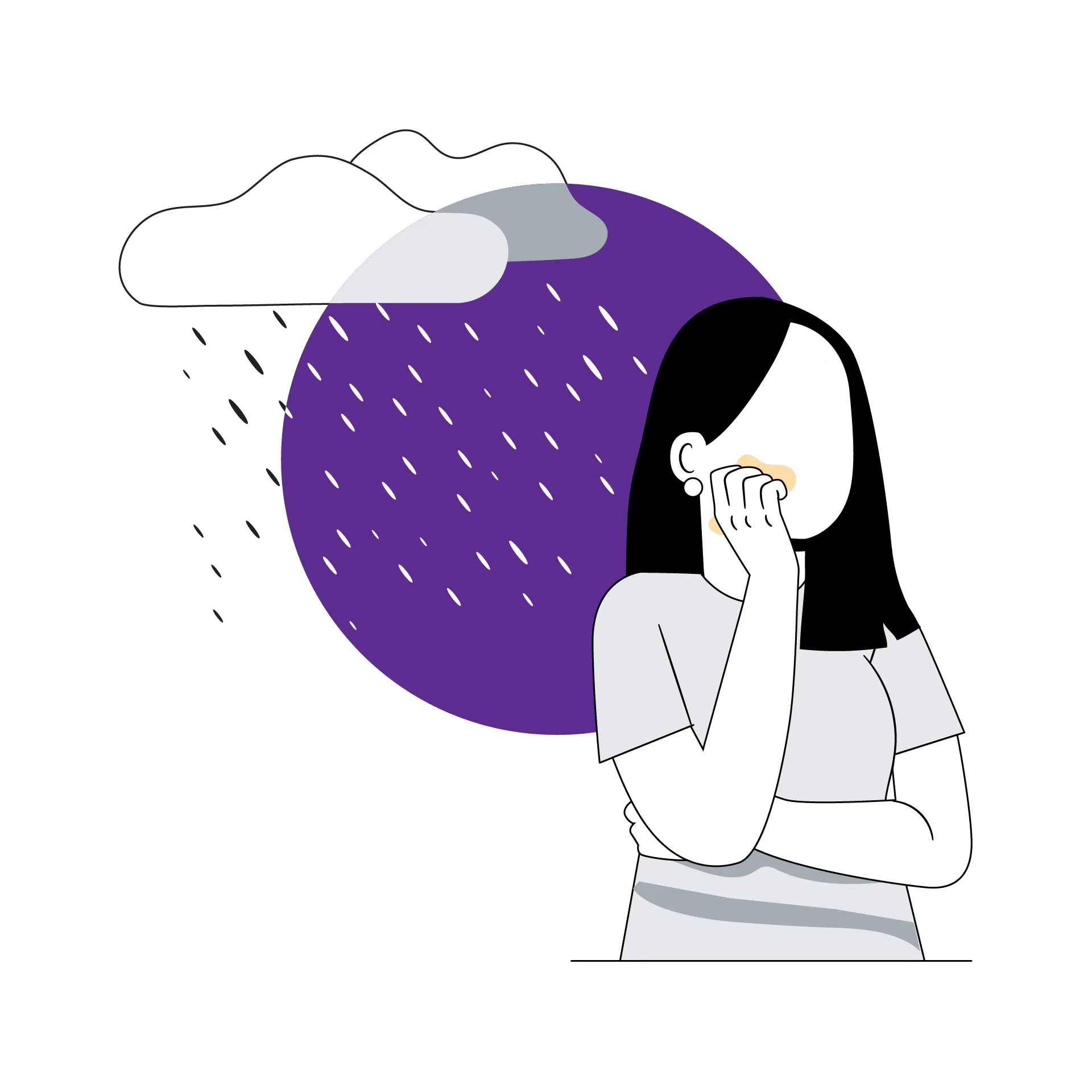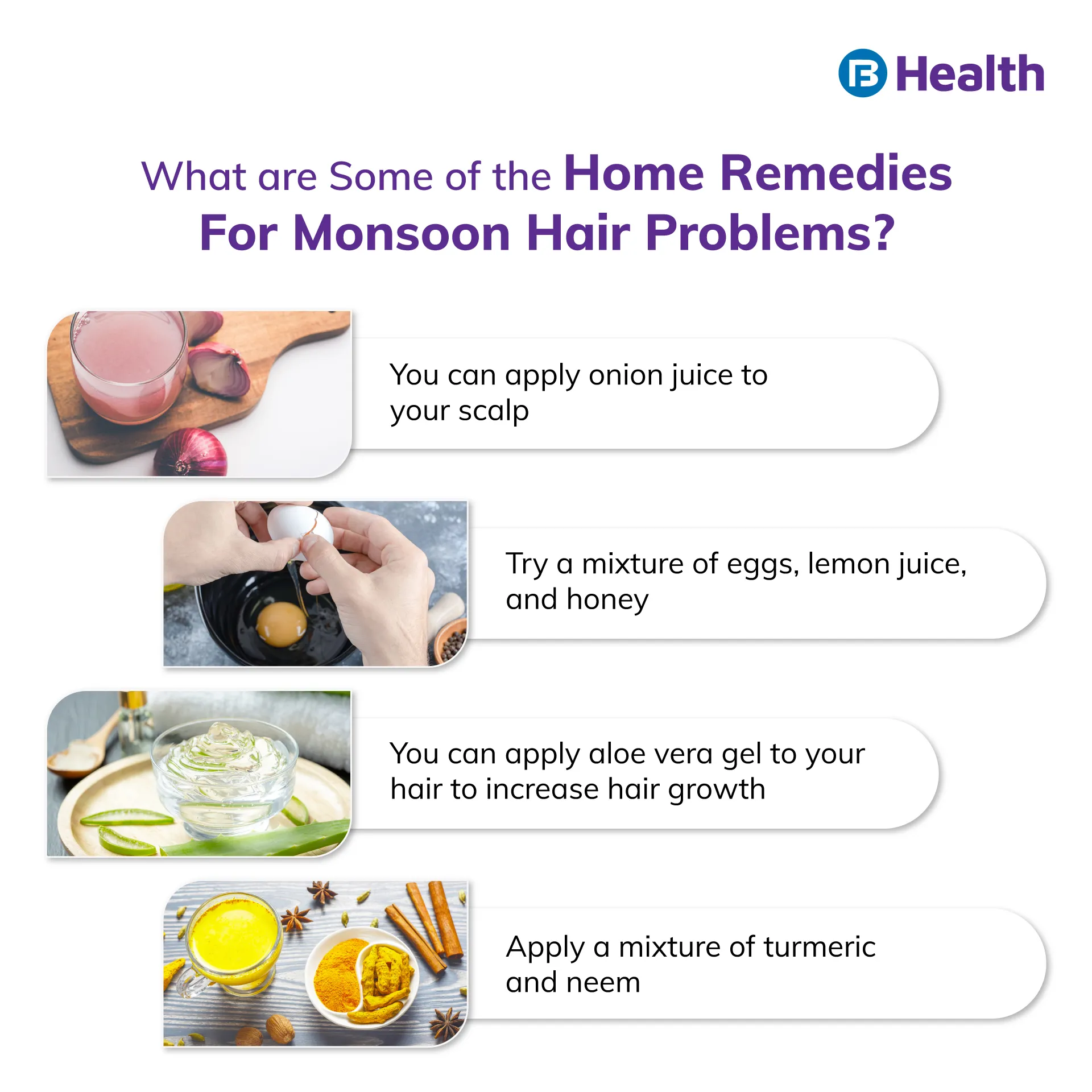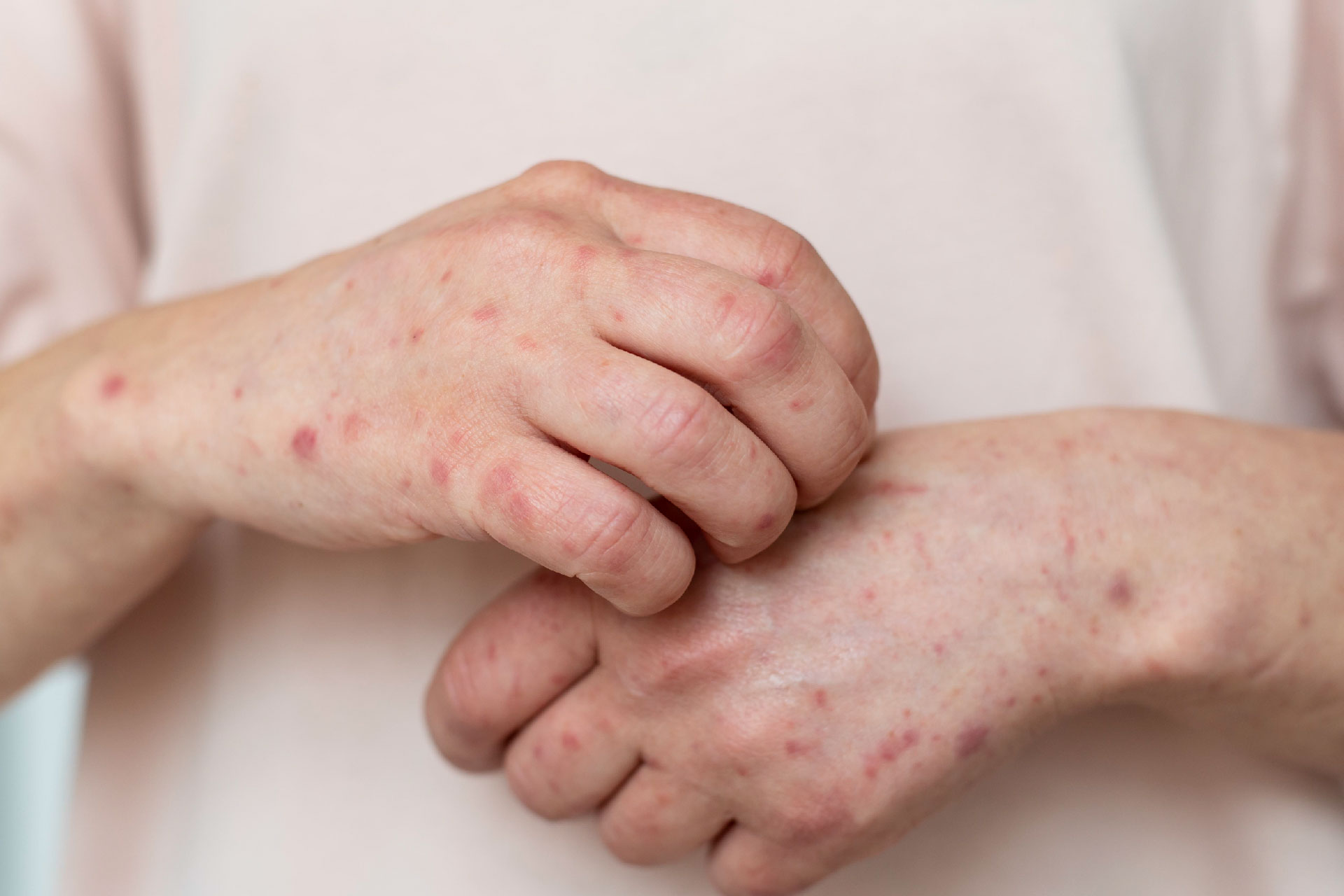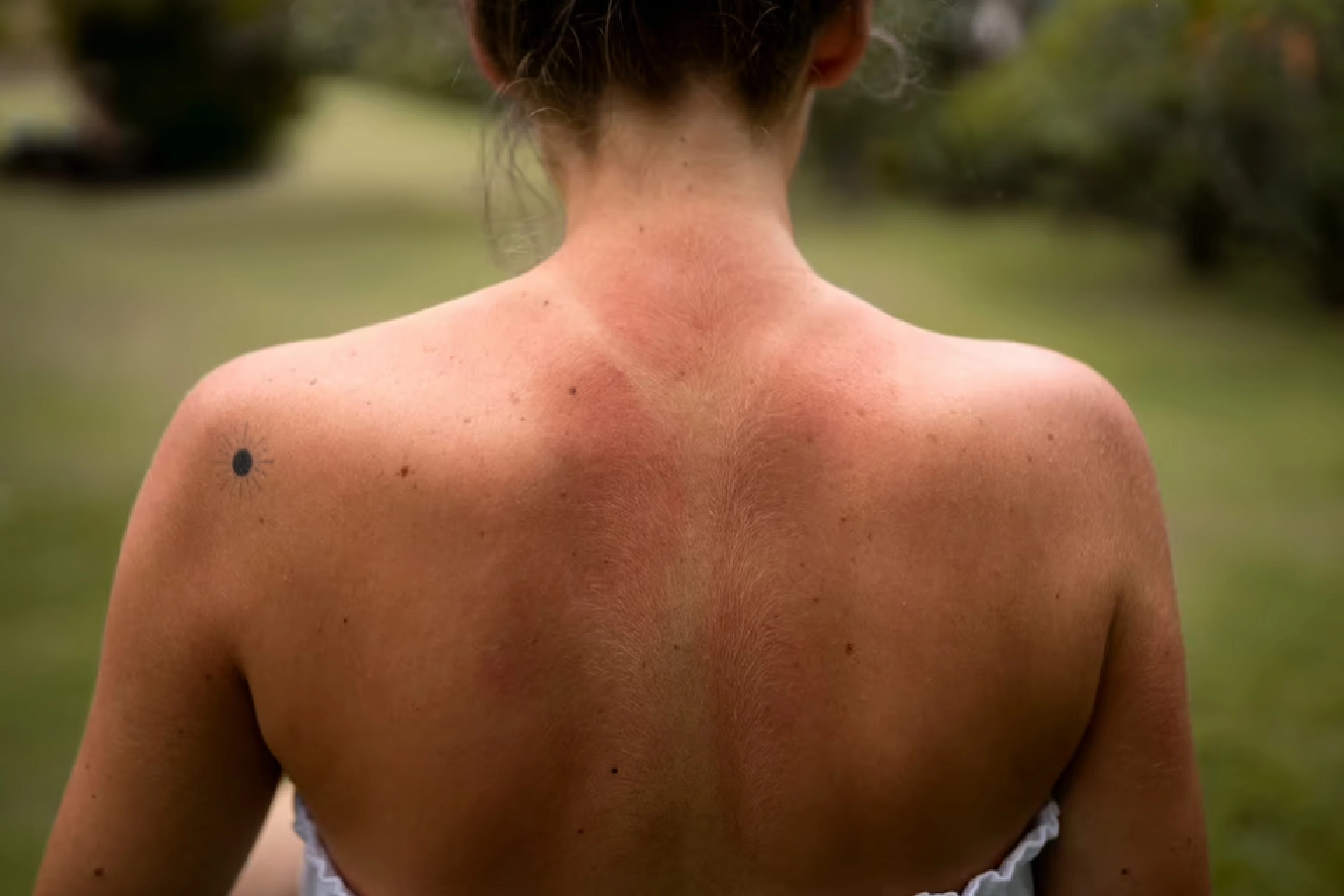Physical Medicine and Rehabilitation | 7 min read
Monsoon Skin Problems: Home Remedies to Deal With It
Medically reviewed by
Table of Content
Synopsis
Monsoon will cause a lot of skin problems if you're not careful. This article deals with how you can protect your skin in the changing season. Additionally, many monsoon hair problems such as hair damage, itchy scalp, and fizziness make your hair look dull. Read on to know more about the remedies for your skin and hair problems.
Key Takeaways
- Learn about the different problems monsoon may cause to your hair and skin
- Learn how to get rid of all hair and skin problems in monsoon
- Learn how to avoid skin and hair problems in the monsoon
The monsoon may feel like a breath of fresh air after the scorching heat, it does bring about a relatively large range of skin and hair problems. Monsoon will cause a lot of skin problems if you're not careful. This article deals with how you can protect your skin in the changing season. Read on more about monsoon skin problems and home remedies to deal with them.
Common Monsoon Skin Problems
One of the most common monsoon diseases is terrible skin, which almost all of us suffer from. Following is the list of the most common ones:
1. Acne
Your skin becomes a breeding ground for acne-causing bacteria with a significant rise in moisture and humidity. Sometimes this acne causes rather severe skin infections during the rainy season.
2. Skin allergies
In the monsoon season, skin allergies become pretty common. They cause inflammation and irritation. The rainwater and the pollutants in it increase the chances of allergies. It may also cause eczema, which can become worse during monsoon.
3. Pigmentation
Another common problem in monsoon season, when some parts of your skin darken, is that hyperpigmentation. It's generally harmless but will increase melanin production, and, as a result, your skin will become dull.
4. Athlete’s foot
This is one of the most severe skin problems during the rainy season. It is very painful and affects the toenails and feet. It may result in thick yellow blisters and can crack your toenails. If left untreated, it can cause excessive bleeding and dry skin. In addition, it is a contagious disease as fungal skin infections cause it.
Additional read: Athlete's Foot Treatment
Remedies For Monsoon Skin Diseases
Try to follow the following steps to steer clear of skin diseases in the rainy season.
1. For Acne
- Use a gel-based or lightweight moisturizer.
- Exfoliate your skin a minimum of 2-3 times weekly so your pores do not remain clogged.
- You can use a charcoal or clay mask to remove the impurities from your skin.
- Use a face wash that is salicylic acid-based as it preserves the gentleness and natural oils in your skin.
- You can make a homemade face pack with honey and lime juice to prevent oiliness.
- Do not have a complicated makeup routine; always remove your makeup thoroughly before bed.
- People tend to over-wash their faces thinking it will be cleaner; this is a myth. Do not deep cleanse more than twice a day.
2. For Allergies
- Use aloe vera, oats, cocoa butter, and sandal powder to soothe your skin.
- Do not use any harsh skin and face wash; look for gentle ones that are not chemical-based.
- Try not to use products that contain paraben, alcohol, and fragrance.
3. For Pigmentation
- Do not expose yourself to the sun unnecessarily. First, use sunscreen with SPF 40 and above every day. Then, reapply the sunscreen every two hours.
- Carry hats, umbrellas, and sunglasses with you to minimize sun exposure.
4. For Athlete’s foot
- Wear shoes that have enough space for your feet to breathe.
- Keep your feet dry as much as possible.
- Do not step in puddles during rains.
- You can apply coconut oil and neem to your feet for protection.
- Do not wear any wet socks or shoes.
- Apply anti-fungal powder putting on wearing shoes.

Common Monsoon Hair Problems
Due to the high humidity in the air during monsoon season, your hair appears dull, frizzy, and dry. An oily substance that is produced by your body builds up on your scalp due to humid air, and bacteria feed on it, which will cause lice or dandruff.
Some of the typical monsoon hair problems are:
1. Hair loss
The sweat and humidity make your scalp very dry, which is the primary catalyst for hair fall. With the onset of monsoon, the hair fall may increase exponentially. In addition, with the increase in pollution, dirt, and dust, hair fall becomes even more severe.
2. Lice
As lice generally multiply during the monsoon season, in addition to a dry scalp, your hair may get infested with them.
3. Dandruff
Dandruff is generally associated with the fungus Malassezia [1], which causes oxidative stress to your hair and scalp. It is always present in your hair, and these humid conditions help them thrive.
4. Itchy scalp and infection
Fungal and bacterial infections are pretty common in monsoons. Exposing your hair to warm, humid conditions and polluted rainwater will only result in infections.
Additional read: Vitamins for Hair GrowthRemedies For Monsoon Hair Problems
The following are ways in which you can rectify your monsoon hair problems.
1. Cleansing Your Scalp
The acidic rainwater gets inside the cuticles of your hair and affects the natural pH level of your scalp. Make sure to deep cleanse your scalp at least once a week, in addition to shampooing and conditioning. You should use mild shampoos and conditioners to clean your scalp.
2. Dry Your Hair Correctly
If your hair and scalp are wet, there are more chances for an infection due to the growth of bacteria and microbes. Therefore, it's imperative that you keep your hair dry. During the monsoon season, your hair gets brittle, which increases hair fall. You should let it dry naturally; if you’re using a blow dryer, use a diffuser with a heat protectant.
4. Wash Your Hair Regularly
You may be thinking that during the rainy season, you need to wash it regularly to keep it clean, but it's not true. If you wash it too much, you will disturb the natural pH balance of the scalp, and it will make your hair drier.
On the other hand, you may think that as your hair is getting already wet from rain, you won't need to wash it. However, proper washing and cleaning are required to remove the trapped dirt and oil.
5. Apply Warm Oil to Your Scalp
A good oil message will make your frizzy hair docile by penetrating deep into the hair cuticles. The humid air in the monsoon, which has more water content, forces your hair cuticles to curl up and lift your hair strands which creates a frizzy look. For oil massages, use natural and ayurvedic oils that strengthen your hair during the monsoon season.
Additional read: Hair Care Tips For The Monsoon SeasonMonsoon Hair Problems Prevention Tips
There are some ways with which you can protect your hair from monsoon hair problems.
- You should increase the protein content of your diet in monsoon. Proteins help in improving your hair growth and restoring dry hair.
- Try not to apply too much oil in the monsoon season.
- Always stay hydrated and try to include yogurt, eggs, spinach, and soybeans; they will make your hair and skin healthier in the monsoon season.
- Maintain a hair care routine.
- Do not use mousse, gels, hair spray, and pomades during monsoon as they cause dandruff. The rainwater and the damp hair combined with the styling products lead to dandruff and skin infections.
- Whenever you go out in the rainy season, try to keep your hair always covered. Wear scarfs, hats, and raincoats, and carry an umbrella to keep the rainwater away from your hair. It will also help your hair against pollution.
- While combing your hair, ensure that you do it delicately without applying too much force. Use a wide-toothed hair brush that prevents dry, frizzy hair and hair loss.
If you want to know more about all the different skin and hair problems in monsoon and the various ways and products to use to manage them, take a look at the blogs of Bajaj FinServ Health. In case of any complications, get a doctor consultation with Bajaj FinServ Health. They will help you identify the problems you are facing correctly and offer an expert solution. If you want, you can even talk to the doctor online from your home and avoid all traveling hassles.
References
- https://www.ncbi.nlm.nih.gov/pmc/articles/PMC3380954/
Disclaimer
Please note that this article is solely meant for informational purposes and Bajaj Finserv Health Limited (“BFHL”) does not shoulder any responsibility of the views/advice/information expressed/given by the writer/reviewer/originator. This article should not be considered as a substitute for any medical advice, diagnosis or treatment. Always consult with your trusted physician/qualified healthcare professional to evaluate your medical condition. The above article has been reviewed by a qualified doctor and BFHL is not responsible for any damages for any information or services provided by any third party.





